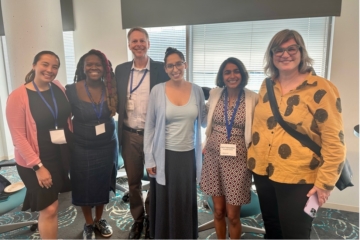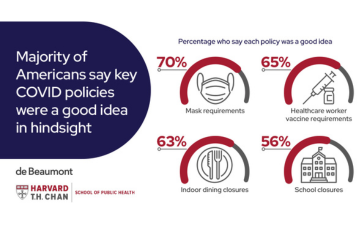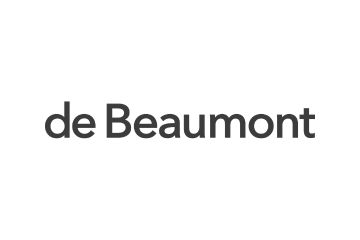Public health can be a powerful catalyst for social justice when it is used to give voice to otherwise silenced and disenfranchised communities. Such is the case with Blaqout KC, a united community of individual advocates, community activists, and health care professionals who work to address the psychosocial and environmental challenges faced by black MSM (men who have sex with men) in the greater Kansas City area. Blaqout KC was created to help end the HIV epidemic and provide access to safe spaces and resources for black MSM.
Under the leadership of D. Rashaan Gilmore and Dr. Natasha Aduloju Ajijola, and with full involvement of the community, we successfully collected data from 227 black MSM between the ages of 18 to 34 in the Kansas City area, both living with HIV and not living with HIV. The research provided much insight into how Blaqout KC could then begin to create tailored programming and outreach to support Kansas City’s black MSM population. The findings of our research will be presented at the APHA Annual Meeting on Nov. 6.
While research is often conducted nationally on HIV prevention and the needs of black MSM, Blaqout KC was intentional about engaging the community at every stage of the research process. Careful consideration was given to people living with HIV. Black MSM participated by identifying seven core areas of emphasis for the study, reviewing and editing every question of the study, and suggesting solutions to community needs prior to data collection.
This participatory study design required me to bring my full self to the research process — my advocacy experience, my experience as a black gay man living with HIV, and my understanding of the Kansas City community, which means that I am still vulnerable to many of the disparities addressed by the survey. The data collection process was all the more meaningful, with a shared understanding that the research team is committed to the health of black MSM.
The work of Blaqout KC is all the more personal given issues of violence and criminality of black MSM in the Kansas City area and throughout the state as seen in the murders of Deonte Greene in 2014 and Ta’Ron ‘Rio’ Carson, who was murdered in 2018 during the data collection phase. More recently in 2019, we’ve seen the suspected murder of Elliott Herring and the murder of transgender woman Brookelyn Lyndsey. (The research of this study focuses on those identified as male.)
As public health practitioners, we know that good data informs good public health initiatives, but it also informs legislation. Blaqout KC’s research supports the effort to modernize Missouri’s harmful HIV criminal statute, which carries a penalty of up to 30.5 years in prison if one is accused of nondisclosure of their HIV status. The issue of HIV criminalization is of concern given that black MSM are overrepresented in HIV incidence, as well as the over-representation of black men in the criminal justice system.
According to the CDC, men in this demographic account for 26% of new diagnoses. And black men as a whole have a likelihood of imprisonment of 1 out of 3 no matter their sexual preference. Intentionally inclusive public health data can help change these narratives and change our laws.
Devin Hursey, a peer educator and public health advocate at the Missouri HIV Justice Coalition, is a member of the first class of 40 Under 40 in Public Health. This post was first published on the APHA Annual Meeting blog as part of the “Fresh Perspectives” series, presented by the de Beaumont Foundation.





